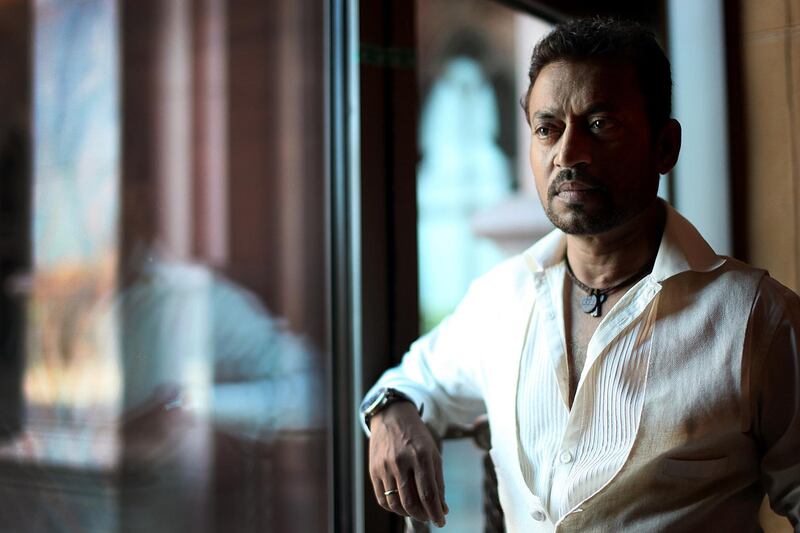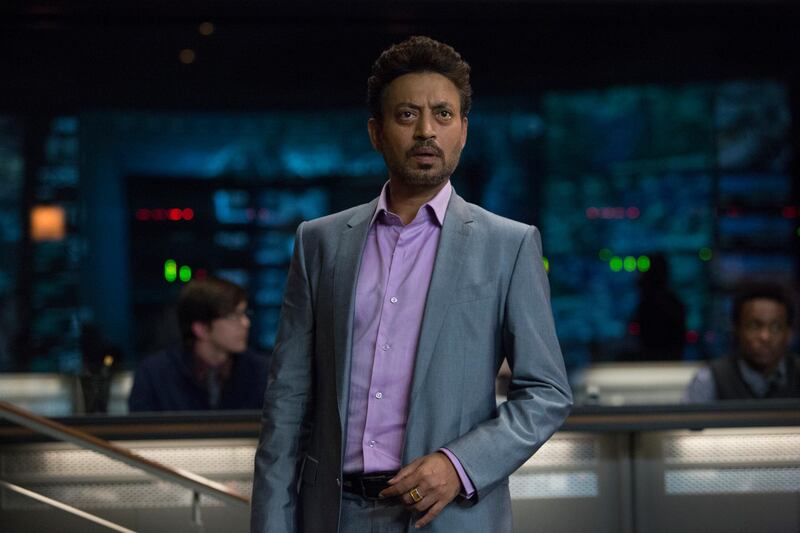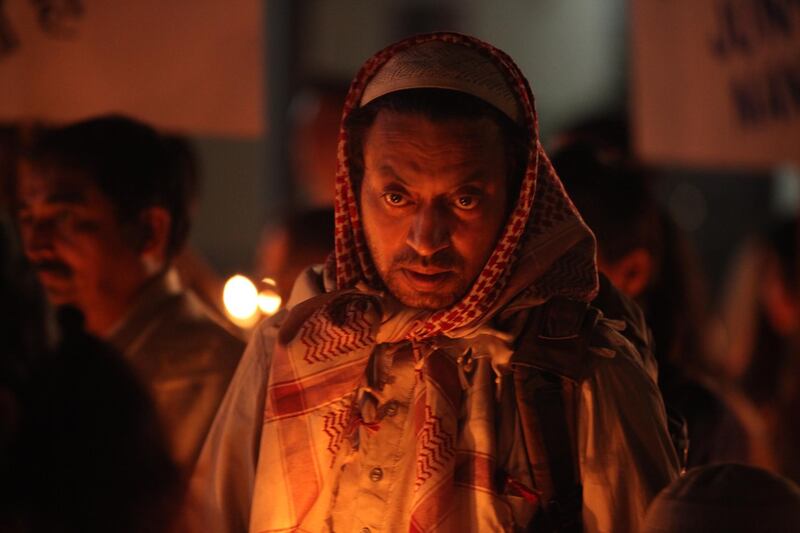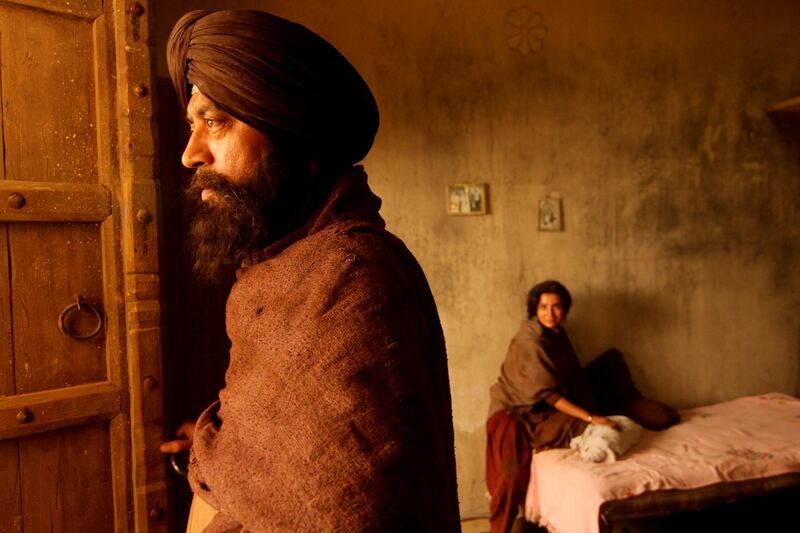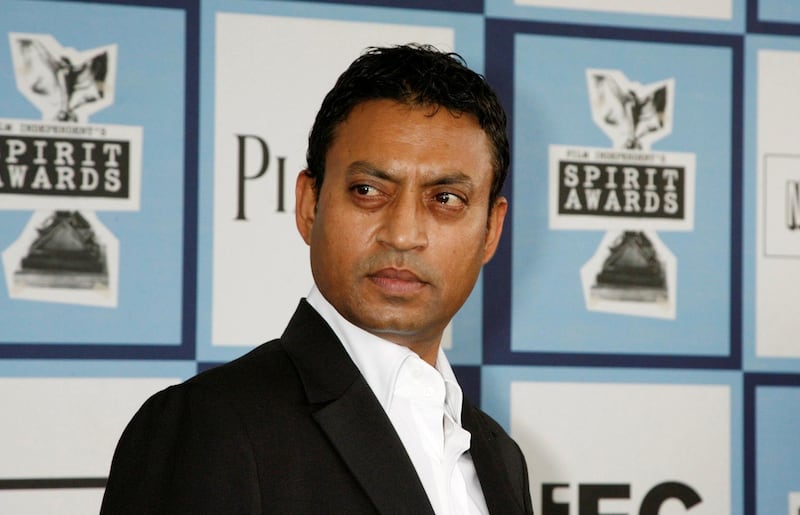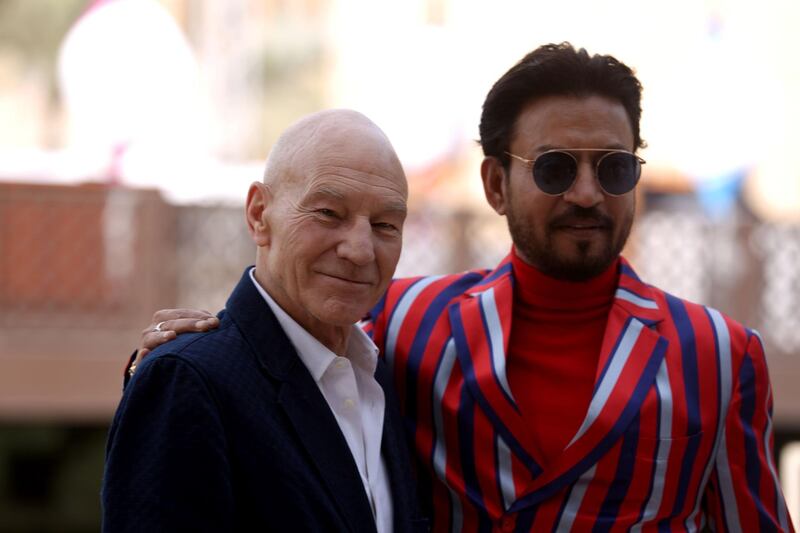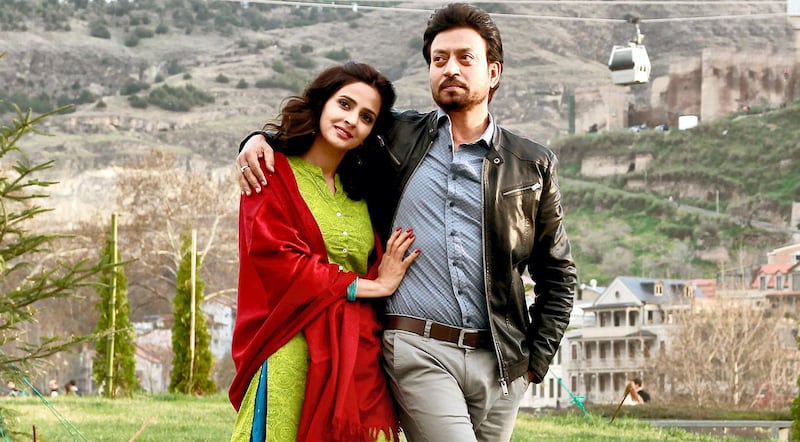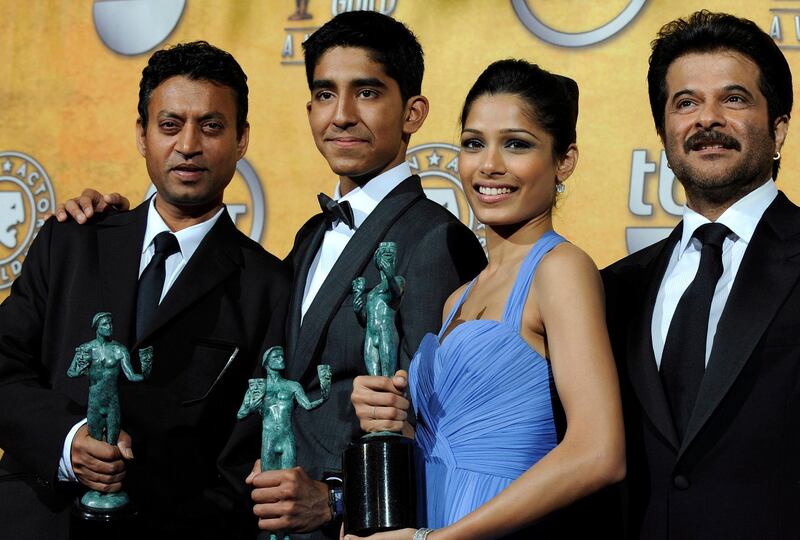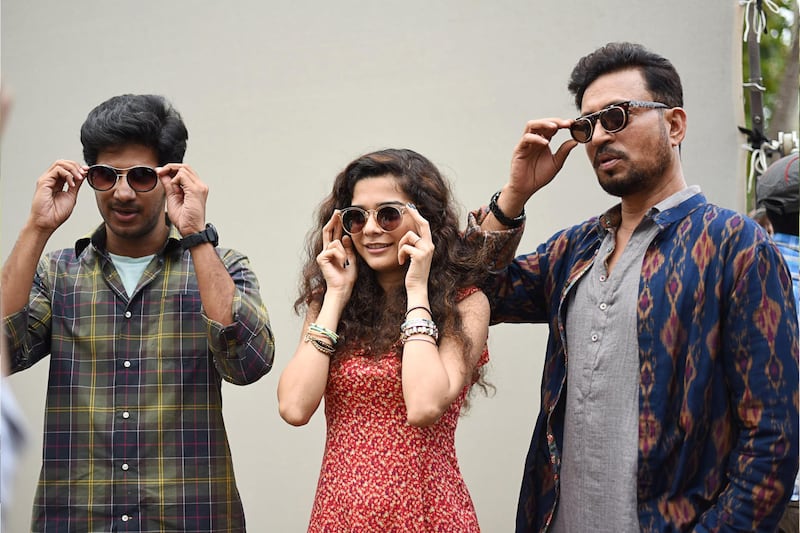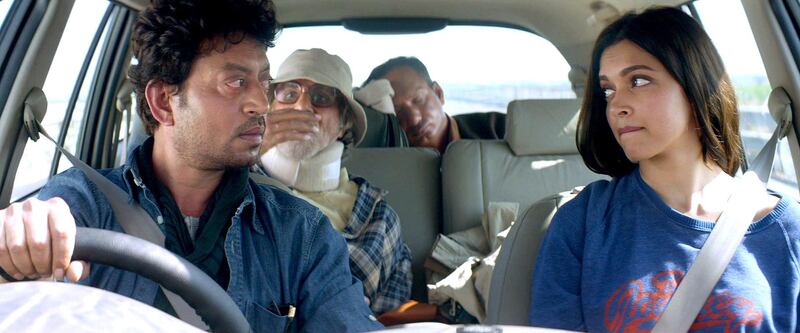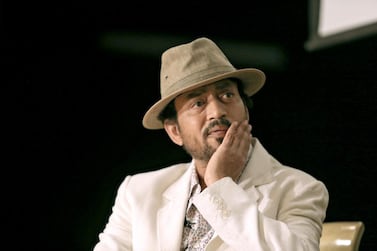It is fitting that both Bollywood and Hollywood are mourning the loss of the actor Irrfan Khan.
The Indian star had, after all, spent 32 of his too-brief 53 years making films (a significant number of them American, British and European productions), entertaining the world and, most significantly, quietly reviving Bollywood’s atrophied filmmaking muscles.
So it was a tremendous shock when that life was cut short on Wednesday, April 29. Khan died after losing his battle with a rare form of cancer, a neuroendocrine tumour he was diagnosed with in 2018.
He is survived by his wife, television writer and producer Sutapa, sons Babil and Ayan, and through his impressive body of work. American filmmaker Ava DuVernay said it best when she tweeted on Wednesday that "he lives on in his films".
But awkward, wiry, mild-mannered men like Khan weren’t destined to rise to the ranks of Bollywood superstardom. However, thanks to his startling charisma and undeniable ebullience, that is just what happened.
A grateful fan of #IrrfanKhan here. Gone too soon. When he is on screen, you can’t take your eyes off of him. He lives on in his films. pic.twitter.com/aA9RAjsxSl
— Ava DuVernay (@ava) April 29, 2020
It's tough to pinpoint the exact moment that Bollywood became aware of his considerable talent. Some will swear it was with 2003's Maqbool, filmmaker Vishal Bhardwaj's critically acclaimed adaptation of Macbeth, in which Khan played the titular role. Others, meanwhile, might claim that Khan's first full-throated taste of success came four years later, with the twin triumphs of director Anurag Basu's Life in a Metro and Mira Nair's The Namesake.
The contrasting nature of those two “breakout” roles is perhaps the most fitting example of the vastness of Khan’s talent.
Life in a Metro's Monty is a brazen, bristling, young homeless man, a world away from The Namesake's dreamy romantic, Ashoke Ganguli. And, yet, both were played to perfection by Khan. For lovers of cinema, Khan's range was joyous to behold.
As the hours roll on and news of his death finally sinks in, loving messages from his heartbroken colleagues, friends and fans flooding the internet, it’s almost as if everything that could have been said about the man has already been said.
And yet, as someone who crossed paths with him for a brief moment in time, the sorrow of his passing feels strangely personal to me. It’s an odd feeling. Can a public figure be personally mourned by someone who can’t even claim to be his friend?
I met Khan four years ago, while interviewing him for The National. His publicist had reserved a 20-minute slot for me at the end of a long line of interviews. It's the best slot to snag — you can squeeze in a few minutes of extra time because there's no one impatiently tapping at the door. It's also the worst slot to be saddled with — actors can be notoriously moody and irritable after half a dozen interviews, and the answers for that journalist often tend to be the most robotic and rehearsed.
I left the little interview room almost three hours after I had entered it, with his number, and a promise that I’d go home and send him a very particular piece of my work he was curious about.
We’d barely spoken about the movie he was supposed to be promoting. Instead, we discussed politics, art, emotions, fidelity, marriage, a tree that he was mesmerised by at the moment, a vacation he had just taken, my love for writing.
At varying times in those three hours, I wondered why this man, this very busy, very important celebrity, gearing up for the release of a significant film, was choosing to spend his time asking me, a woman 20 years his junior, and someone he’d possibly never meet again, about my thoughts on life. I asked him. His answer was simple: “Why does anyone do anything?”
Why, indeed.
I sent him the pieces I’d promised, never expecting to hear from him. Instead, I woke up to a string of messages in the middle of the night — his notes on my writing. What he liked, what he didn’t, what made him introspect. It was all very astonishing, and faintly disorienting. But again, why does anyone do anything?
Our next interaction was after his film's release. I called the script wobbly, the characters underwritten, but his acting flawless. We argued briefly over messages, then fell silent. Four months passed. I released a book, he congratulated me, but declined to make it for the release. I wasn't going to ask why.

Two more years passed. I messaged him to say I was praying for his speedy recovery after he was diagnosed with cancer. He admonished me for not finishing the other book I had been working on. Another two years passed. I learnt of his hospitalisation late at night. I picked up the phone to message him, then decided it was too late. “I’ll do it in the morning,” I rationalised. Now, it truly is too late.
There are many things he said to me in that interview-that-wasn’t-an-interview. I’m not going to cheapen his memory by repeating them. But I’ll say this, one of his favourite lines from his own film was, “We forget things, if we have no one to tell them to.”
I’m writing this because I don't want to forget my astonishing, astounding, at times perplexing, interlude with Irrfan Khan.
